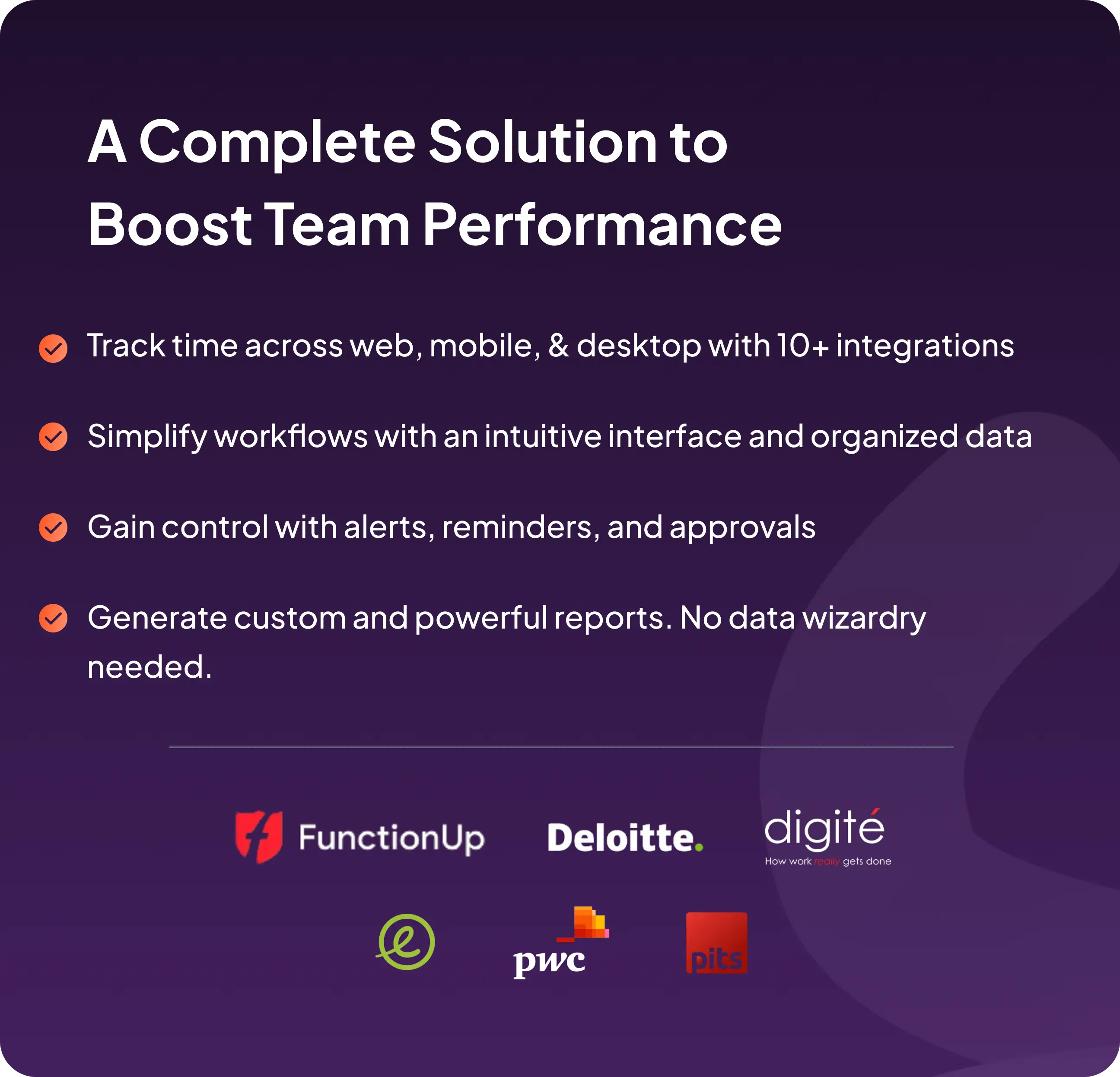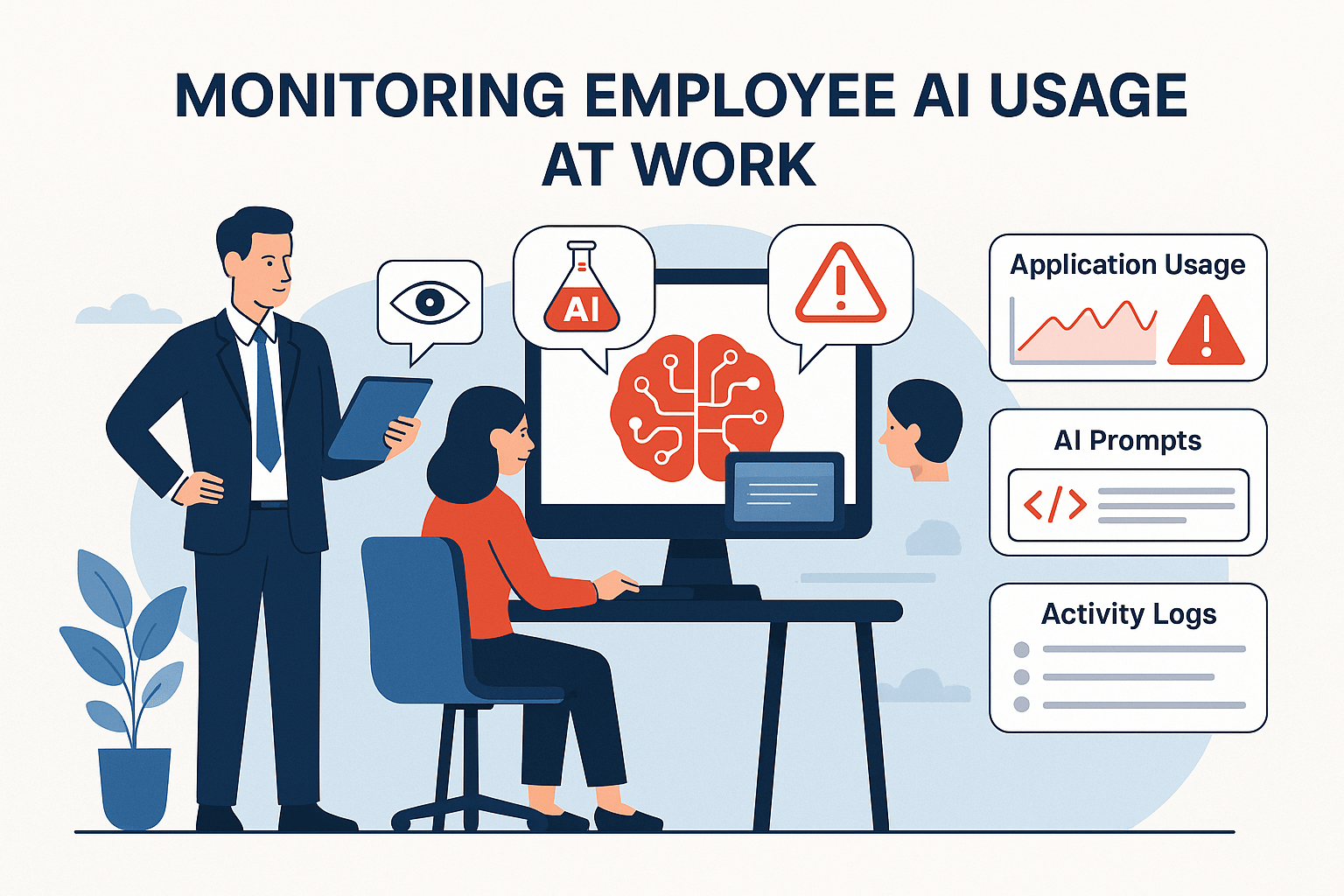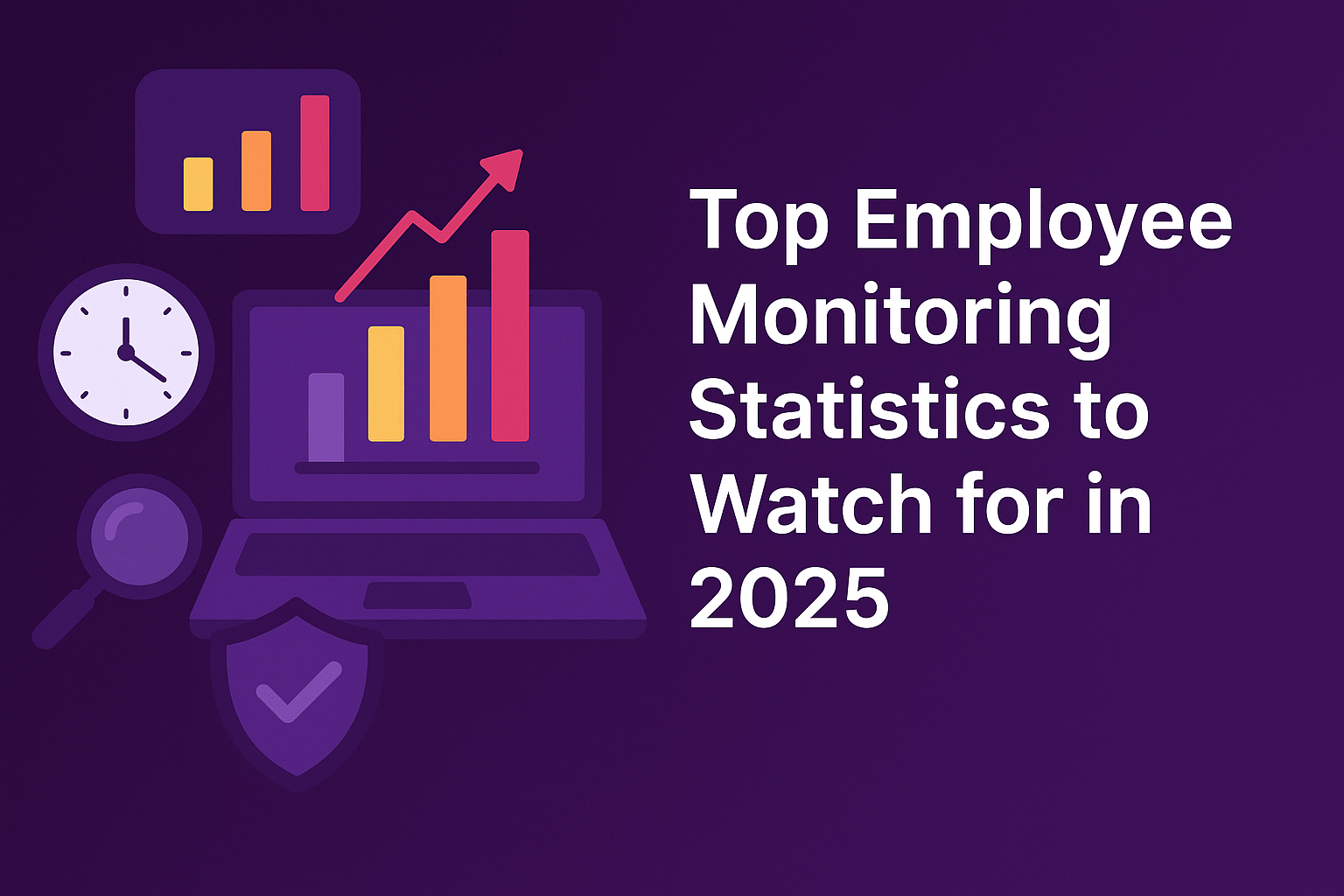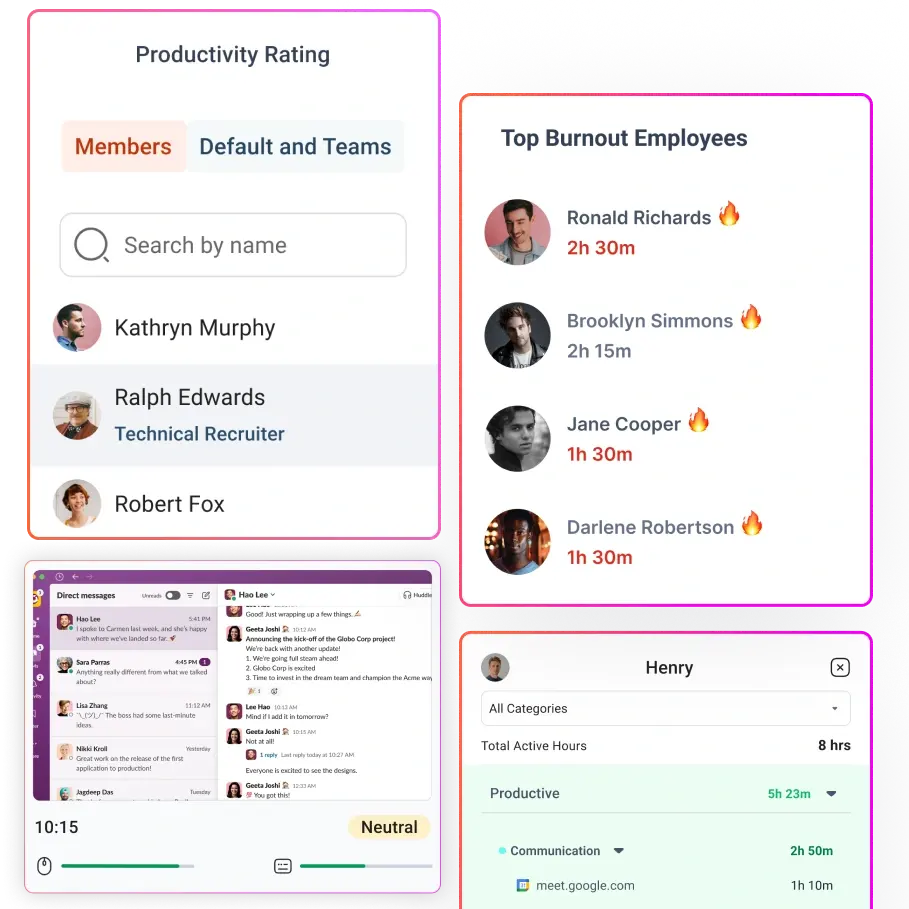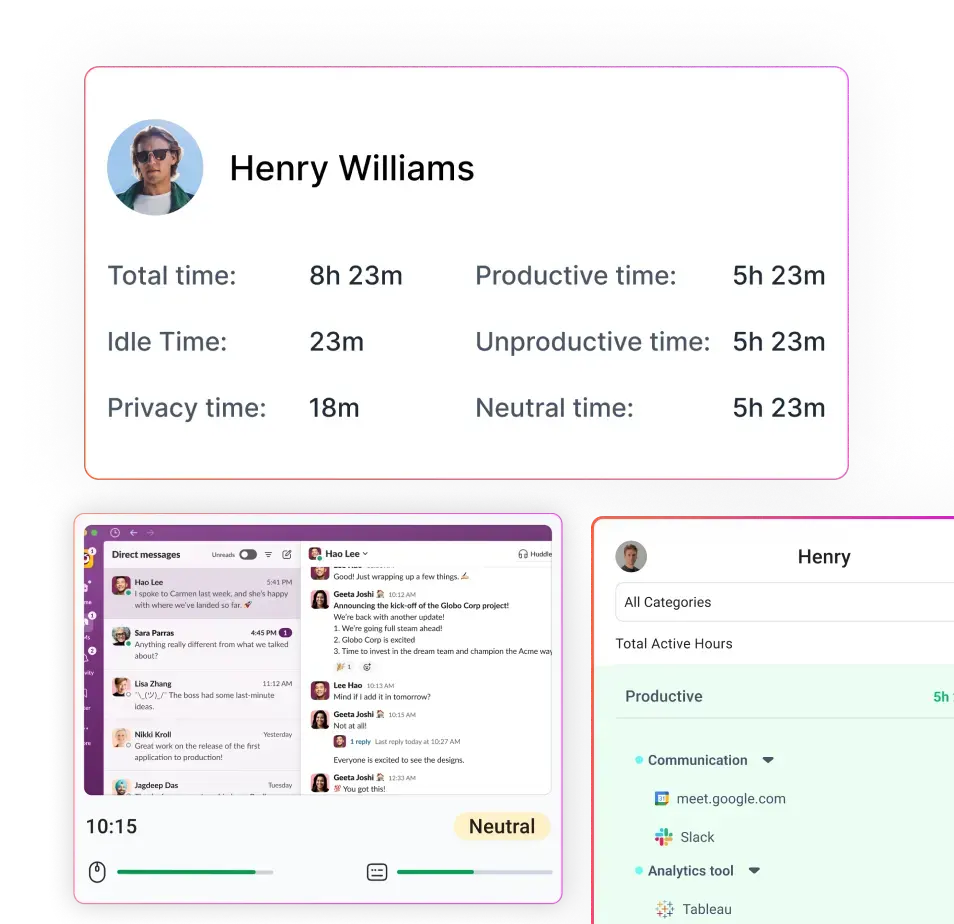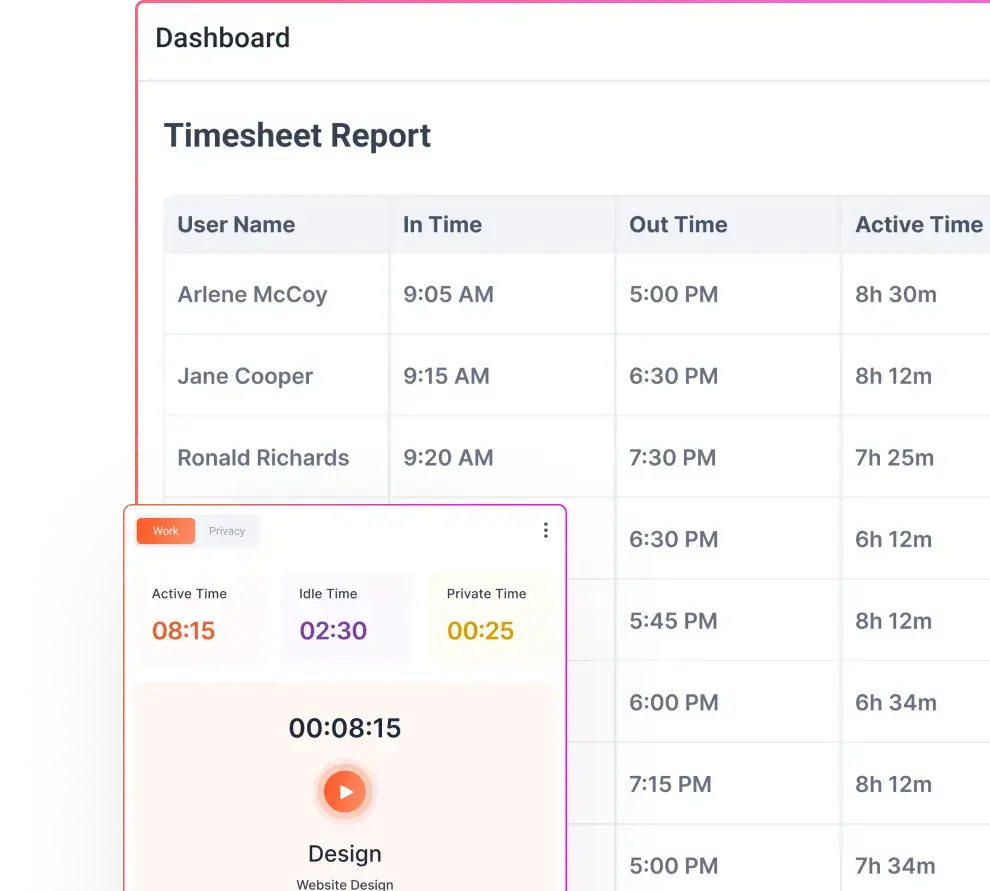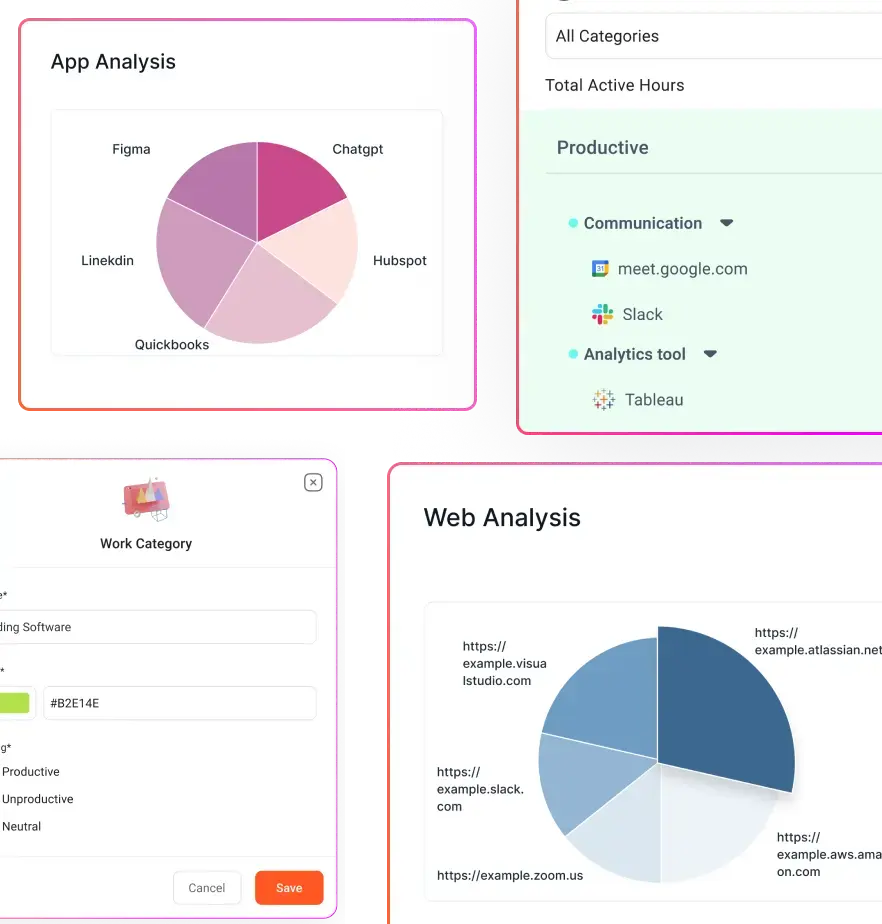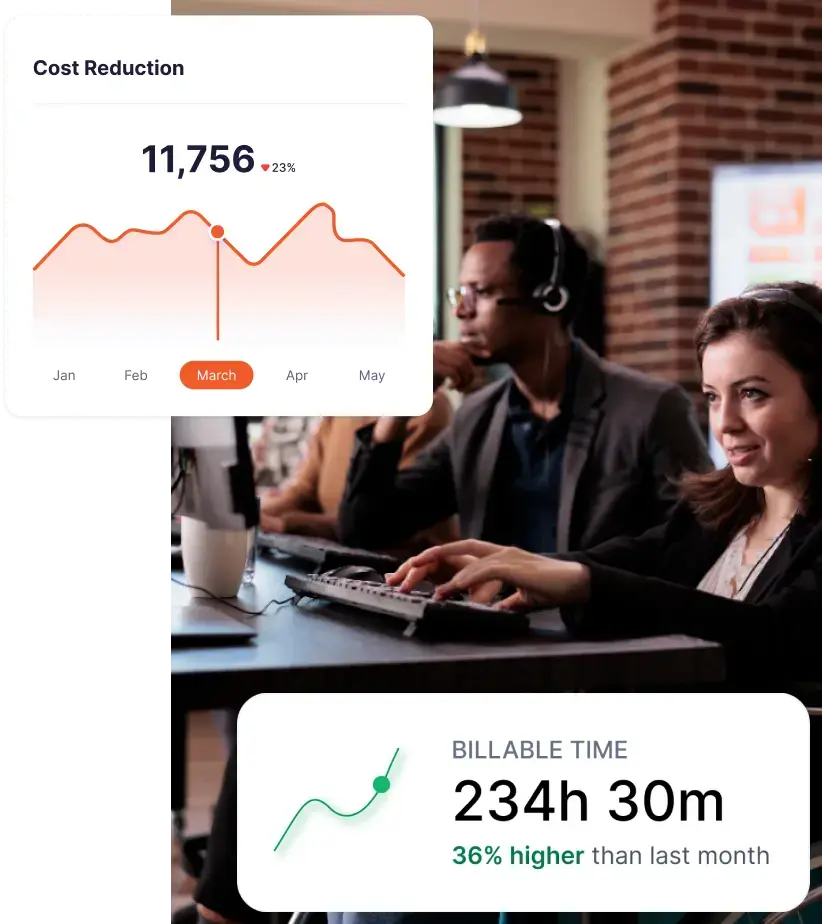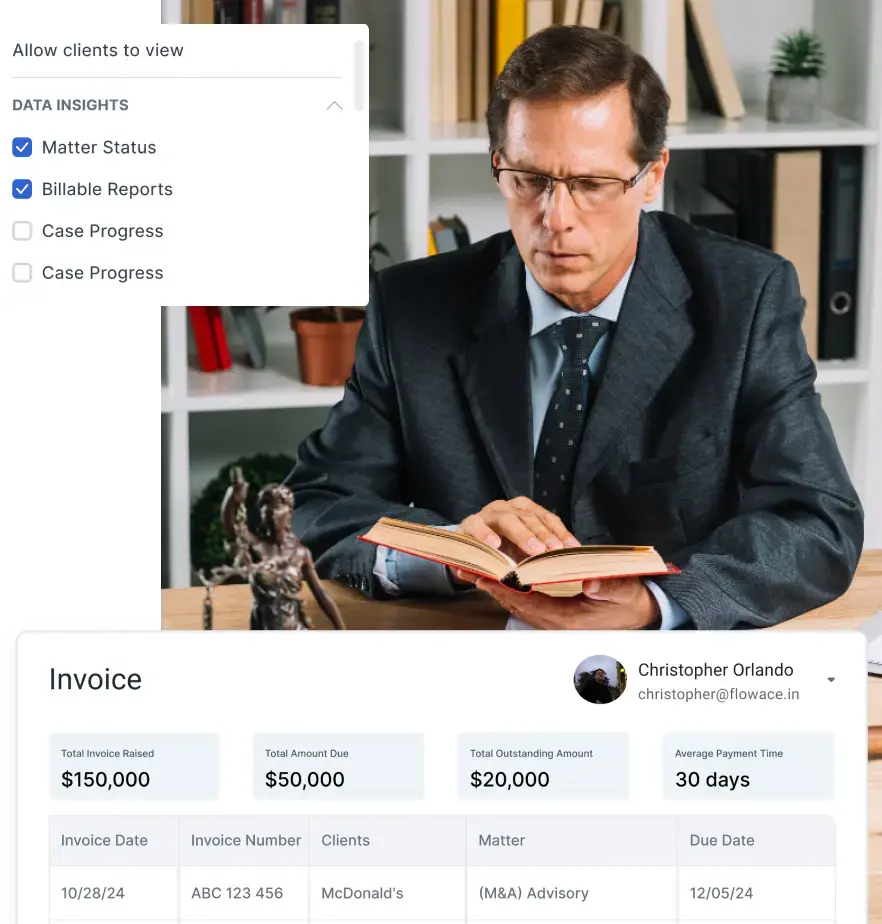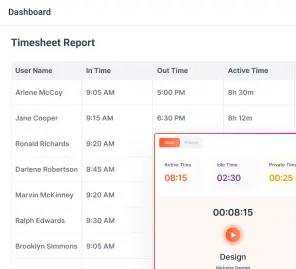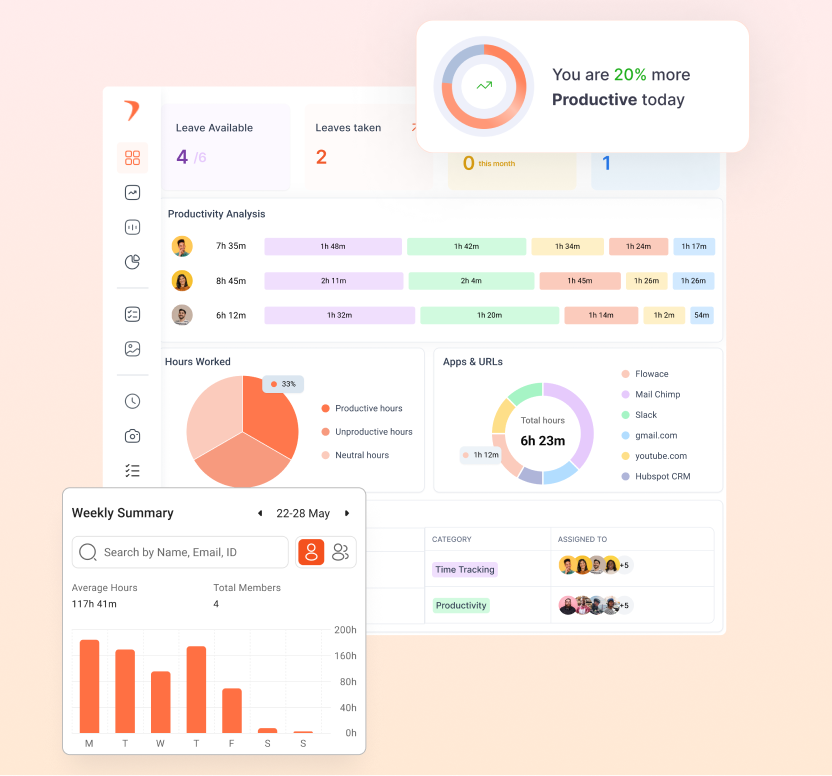The rise of remote work has been swift and steady over the past 3 years, transforming it from a mere trend to the future of work! And there’s data to back it up; according to Forbes, 12.7% of full-time employees work from home, while 28.2% work a hybrid model.
However, managing a remote workforce isn’t a piece of cake; it greatly impacts your business growth. If you do a shoddy job, it can lead to lower employee morale and productivity. On the flip side, if you manage it well, you can expect loyalty and a boost in engagement.
And that’s where remote workforce management steps in!
In this article, let’s take a deep dive into what it is and the benefits of implementing a workforce management platform to manage remote employees.
What is Remote Workforce Management?
Remote workforce management, as the name implies, refers to the process of overseeing employees who work from remote locations. The remote locations here vary; they can work from various locations, be it their home, a co-working space, a coffee shop, or a beachside resort. Although it might seem straightforward at first glance, it includes various aspects that won’t bring productivity if you don’t focus on it.
A study by the University of Sussex found that the key to effectively managing remote employees is the following:
- Communication: Effective communication is the backbone of every remote team. It’s essential to establish clear channels to ensure smooth collaboration and efficient information sharing. Tools like Vozo, a powerful video translator, can further enhance communication by breaking language barriers and making video content accessible to everyone on the team.
- Processes and Procedures: Having documented guidelines for tasks, deadlines, and project milestones enhances efficiency and minimizes confusion.
- Technology: The right set of tools and technology enables remote work. An example is using time-tracking software to monitor productivity and ensure tasks are completed within set time frames, irrespective of the team’s physical locations.
This is why, as a company invested in a remote-first culture, you need to implement powerful remote workforce management that is helpful for both managers and employees.
Challenges for Managing a Remote Workforce

Isolation
You must understand that your remote employees sometimes feel stranded and disconnected. They might experience a touch of loneliness and a drop in morale, affecting their productivity. All they need is a sense of belonging and support. Creating virtual team hangouts, fun activities, and encouraging open communication can become a warm, welcoming community.
Communication
As mentioned above, communication is the North Star of remote workforce management. This is why keeping your channels open and flowing ensures everyone’s on the same page. Emails might feel formal, but Slack can be your trusty parrot to keep you connected. Schedule one-on-one meetings where you can have meaningful conversations and ensure your remote crew feels heard and valued.
Slow internet connection
Slow internet can be like waiting for your favourite show to buffer. It’s a real challenge for your remote workforce, especially when downloading necessary files or attending a virtual meeting. To boost their productivity, provide tech support or even consider a “work-from-coffee-shop” day for those facing connection issues. In such cases, it’s recommended to use a VPN for Mac and other devices while working in a coffee shop, as Cybernews highlights, it helps secure connections on public Wi-Fi.
Blurring Boundaries
In the remote work setup, it’s easy for the lines between home and office to blur. You might find your employees answering emails while making dinner or hopping back to their laptops during Netflix time. Encourage your remote workers to set boundaries, like clocking out at a specific time or dedicating a workspace. That way, your employees can fully enjoy their personal time without work creeping into it.
Benefits of remote workforce management
Flexibility
In theory, you really could work from absolutely anywhere. A houseboat on the Mississippi, a beach in Florida, or even halfway up Mount Everest. (Okay, you might struggle with the last one.)
You can work from anywhere if you have a decent and reliable Internet connection that allows you to access your software and tools in real-time.
Better talent retention
In the current remote first landscape, the top talent across industries prefers 3 key things:
- Flexible work schedules – Who wouldn’t love the freedom to set their work hours right?
- Avoiding the daily commute to a physical workspace – No more battling traffic or crowded public transport.
- Achieving a better work-life balance – Because life is not just about work, everyone deserves quality time for themselves.
Now, here’s where remote workforce management comes in handy. Its features can automate work schedules and create a personalized experience for each remote worker.
For example, the tasks will be divided equally among the team, ensuring a harmonious workload. No one feels like they’re drowning in tasks while others have a walk in the park.
This way, your top performers will enjoy flexible work hours, giving them the power to work when they’re at their most productive. This is a win-win for everyone involved because you don’t have to worry about losing your talent to burnout.
Increased productivity

Do you really care where your staff work, as long as they do the job efficiently?
Countless stories exist about how remote working can be a game-changer. You can ask your employees themselves.
A study points out a 47% increase in overall productivity because business owners choose remote setups. This is because remote work offers flexibility and freedom to employees.
Cost savings
A study conducted by Global Workplace Analytics has dropped a recent revelation: switching to remote working can save a U.S. employer $11,000 per employee annually. Can you imagine all those zeros stacking up?
So, here’s where remote workforce management becomes the armour for savings. With this powerful solution, companies can build a remote or hybrid team that thrives without needing in-office workforce management. Now no need to pay hefty office space expenses, days of absenteeism, and staff turnover.
We’re not talking chump change here but about millions of dollars saved. Just imagine what your business could do with the bank’s extra cash.
Also, remote workforce management tools have more tricks up their sleeves. They make hiring and training new remote staff way less costly.
The remote workforce management solution also lightens the load for the human resources department. They can dedicate fewer hours to finding talent and getting them up to speed with the company culture. Everything they need to know is quickly and digitally available for each employee.




